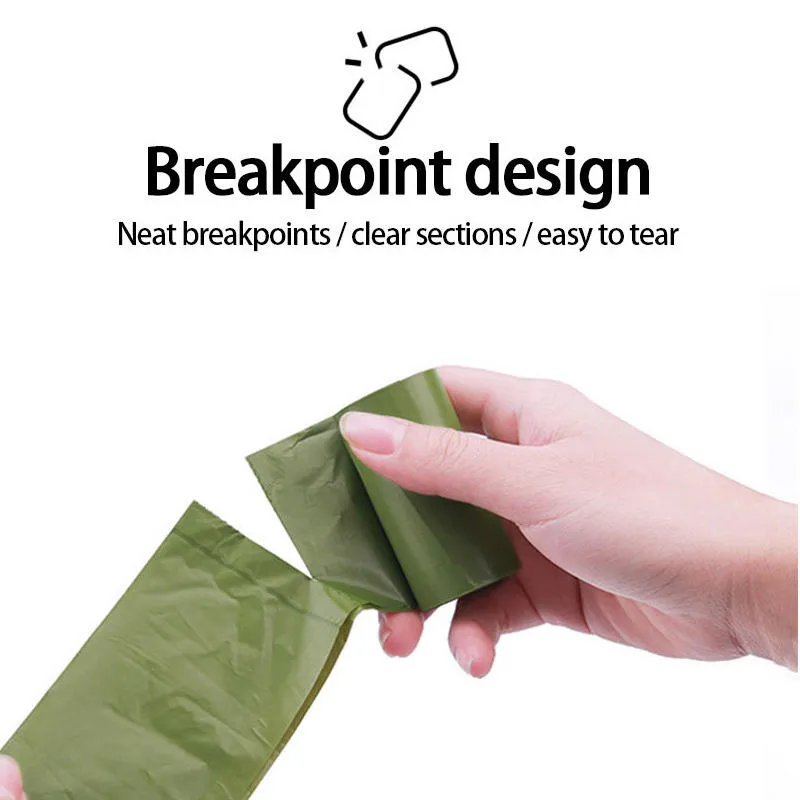The Role of Bentonite Clay in Enhancing Cat Litter Performance and Odor Control
The Importance of Bentonite in Cat Litter
When it comes to selecting the right cat litter, pet owners often face a myriad of choices. Among them, bentonite clay litter has gained significant popularity due to its unique properties and benefits. Bentonite is a naturally occurring clay that is renowned for its exceptional absorbent qualities and clumping capabilities.
One of the primary advantages of using bentonite in cat litter is its ability to absorb moisture effectively. This is crucial in a household with cats, as feline waste can create an unpleasant odor that permeates the air. Bentonite’s high absorbency ensures that moisture is quickly locked away, preventing the formation of smells and keeping the litter box fresh. This quality not only creates a more pleasant environment for both pets and their owners but also reduces the frequency of litter changes, saving time and effort.
Furthermore, bentonite cat litter is known for its clumping properties. When a cat urinates, the bentonite clay instantly forms solid clumps that are easy to scoop out. This clumping action makes maintenance straightforward, as owners can simply remove the waste daily, leaving the clean litter behind. The result is a litter box that remains cleaner for longer periods, promoting better hygiene for the cat and the household.
bentonite in cat litter

Another noteworthy feature of bentonite clay is its eco-friendliness. Many brands offer natural bentonite litter options that do not contain harmful chemicals or additives. As more pet owners are becoming environmentally conscious, the demand for sustainable products has risen. Bentonite, being a natural material, is biodegradable and, in many cases, can be disposed of in an eco-friendly manner.
However, it's essential for consumers to be aware of the different types of bentonite litter available. Sodium bentonite, the most commonly used type in cat litter, tends to be more absorbent and efficient in clumping than calcium bentonite. Therefore, cat litter made from sodium bentonite typically delivers superior performance. Before purchasing, pet owners should read labels and compare products to ensure they choose the best option for their furry friends.
Despite its advantages, some concerns exist regarding bentonite litter. For instance, the dust generated while pouring the litter can be bothersome for both cats and their owners, potentially leading to respiratory issues. Additionally, the mining of bentonite clay raises environmental concerns, prompting some to question the sustainability of its extraction. Pet owners are encouraged to consider these factors and choose a brand that prioritizes sustainable mining practices.
In conclusion, bentonite clay is an excellent choice for cat litter, offering substantial benefits in moisture absorption, clumping ability, and eco-friendliness. For pet owners looking to maintain a clean and odor-free environment for their feline companions, bentonite litter remains a top contender. As the market for cat litter evolves, consumers should remain informed about the options available to ensure they make the best choices for their pets and the planet. Ultimately, understanding the value of bentonite in cat litter can lead to a happier, healthier life for both cats and their owners.







